
Days Out
10 fascinating facts about Speke Hall
2 years ago
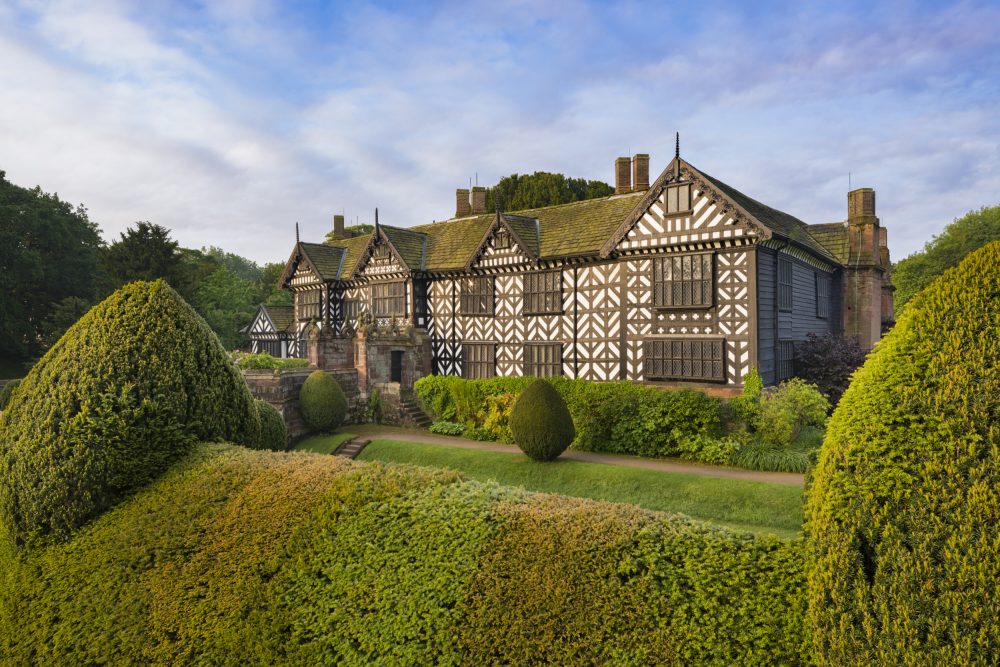
Speke Hall is one of the most well-known buildings in Liverpool, and the black and white Tudor mansion is one of the most visited too.
It’s an outstanding example of a timber-framed courtyard house and took its present shape in the 16th century under the ownership of Sir William Norris and his grandson, also Sir William.
Now owned by the National Trust, Speke Hall is a popular tourist attraction and boasts a fascinating history, including some facts you might not know…
Not so humble beginnings
Sir William Norris inherited a Medieval cruck-beamed hall where Speke Hall now stands in 1524 (his ancestors had lived there as early as 1314). He started building Speke Hall as we know it in 1530, with the lofty Great Hall which he later extended to accommodate his growing family. One of his last projects was to create an overmantel for the Oak Parlour with portraits of himself, his parents, his two wives – and his 19 children!
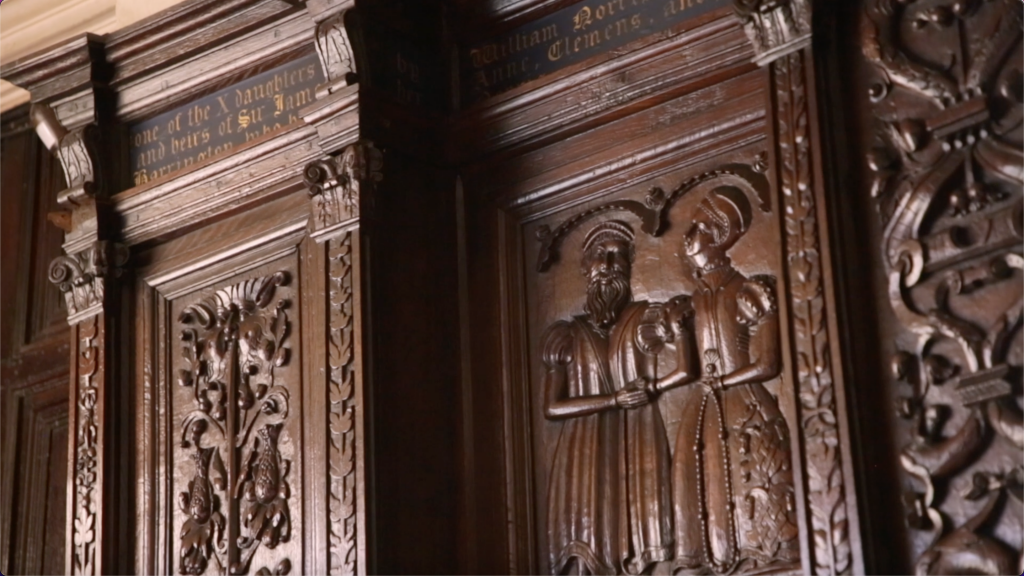
Priest hole
The gentry in Elizabethan Lancashire were known for their Catholic sympathies, risking the label of ‘recusant’ for failure to attend Church of England services – and the Norris family was among them. Hidden in the corner of the Green Bedroom is the entrance to a priest hole which was built by the Catholic Norris family to provide a safe haven for priests to evade persecution. There’s a ladder so they could escape from soldiers into a hidden roof space.
Keeping the faith
The wife of Edward Norris, Margaret, was the daughter of Robert Smallwood, MP, a Westminster brewer who supported Mary Tudor’s restoration of Catholicism.
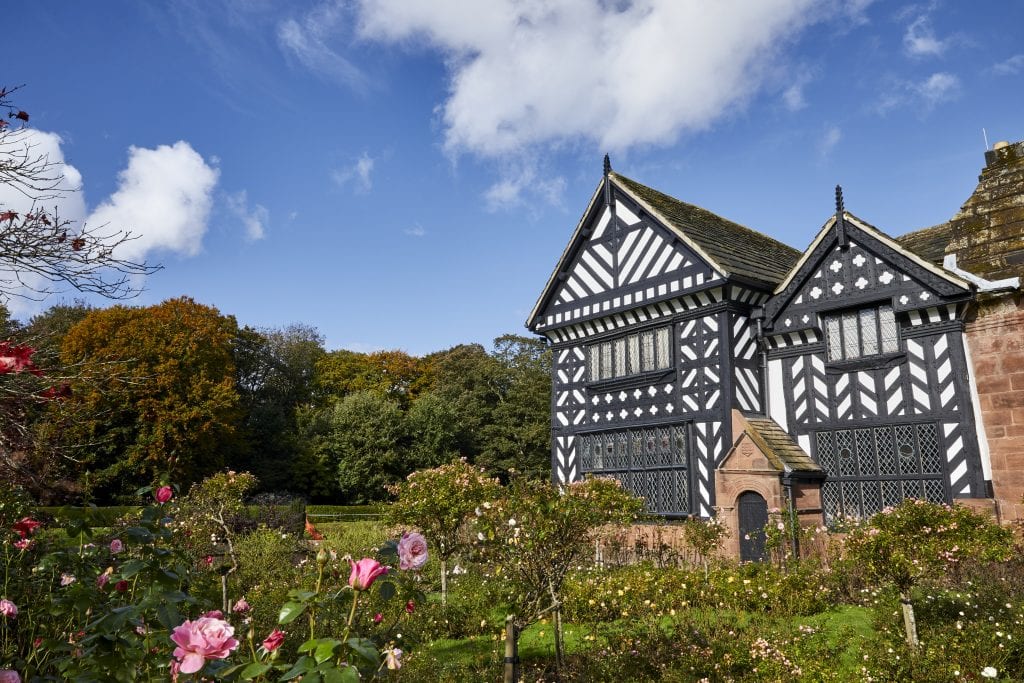
Speke Hall is completed
When Sir William’s son Edward succeeded him in 1568 he extended Speke Hall even further and created the enclosed courtyard. A red sandstone bridge was built across the moat to meet the north range’s gatehouse and create a grand entrance – the gatehouse is inscribed with the year 1598, the year the Hall was completed as it is today.
Liverpool MPs
Thomas Norris, Edward’s great grandson – who converted the family to Protestantism – had seven sons. Every one of the four who lived at Speke became an MP for the city of Liverpool.
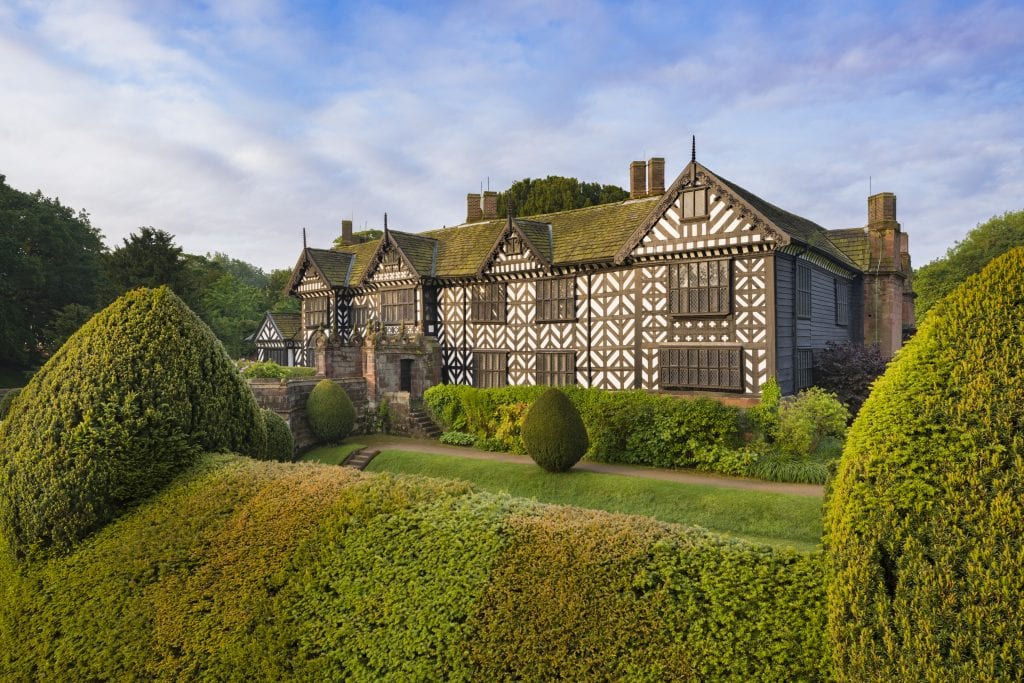
Pretty, witty Nell
When Thomas Norris’s youngest son Richard died childless in 1730, the estate passed to Thomas’s granddaughter Mary who married Lord Sidney Beauclerk, grandson of Charles II and his long-term mistress, restoration actress Nell Gwynn (called ‘pretty, witty Nell’ by diarist Samuel Pepys).
Farming it out
When the Tudor Hall fell into rack and ruin in the 19th Century, the Oak Parlour with its magnificent carved over-mantle and decorative plaster ceiling, was put to practical use by local farmers – and used as a cowshed! Richard Watt V and his wife, Adelaide Hignett, bought the Hall and carried out major restorations, employing a company in Bold Street to help them fit it with fashionable Gothic Revival interiors, from carved oak furniture and stained glass to suits of armour and tapestries.
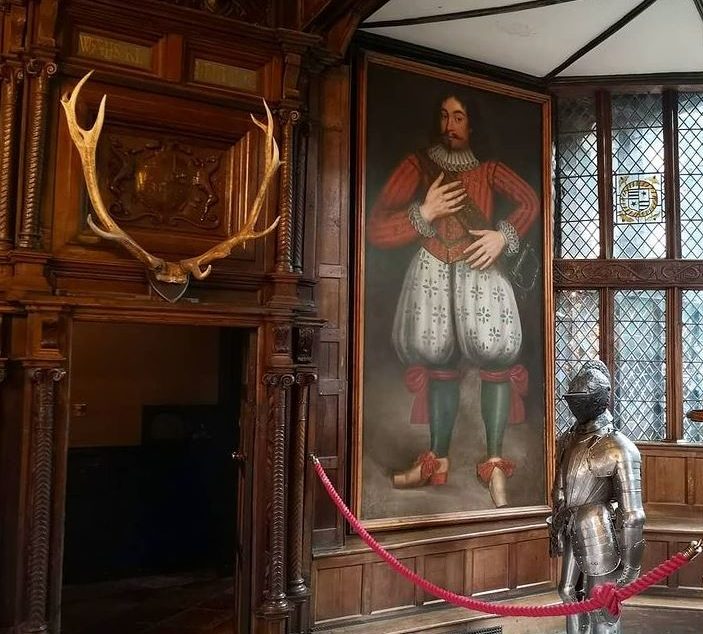
Flying high
Following the deaths of Richard and Adelaide in 1861 and 1865 respectively, Speke Hall was left to their young daughter, also Adelaide, who secured its future before she died by naming three members from the original Norris family as trustees, with the proviso that the estate would pass to the National Trust after 21 years. The trustees sold off much of the estate to Liverpool corporation – giving space for a new airport.
Eavesdropper
Ever wondered where the word came from? If you go to Speke Hall you can find out. If you look up in the central courtyard, you can see a small hole below the eaves of the upper floor which, in Tudor times, was used by the Norris family and their servants to listen in on visitors’ conversations as they waited to enter. And this is where we get the term ‘to eavesdrop’.
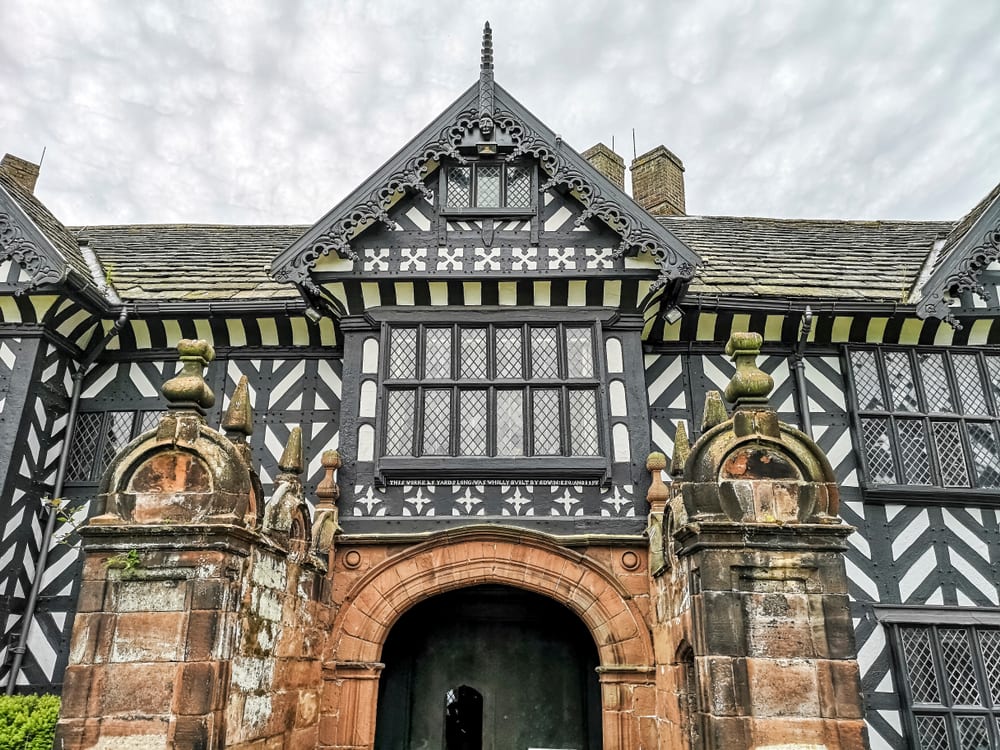
Haunted Hall?
Speke Hall has a reputation as one of the most haunted buildings in England – so it’s no surprise the TV series Most Haunted, starring Yvette Fielding, once filmed there. Dark shadows are said to have been seen floating around the Great Hall, and there is alleged to be a feeling of oppression by some who go in; the Blue Room is also said to create an ominous feel and a dark shadowy figure has been seen; elsewhere there are reports of the sound of crying children, and footsteps even when no-one’s around. The ghost of Mary Norris is reported to have been seen in the Tapestry Room from where she’s rumoured to have thrown her young son out of the window into the moat below.





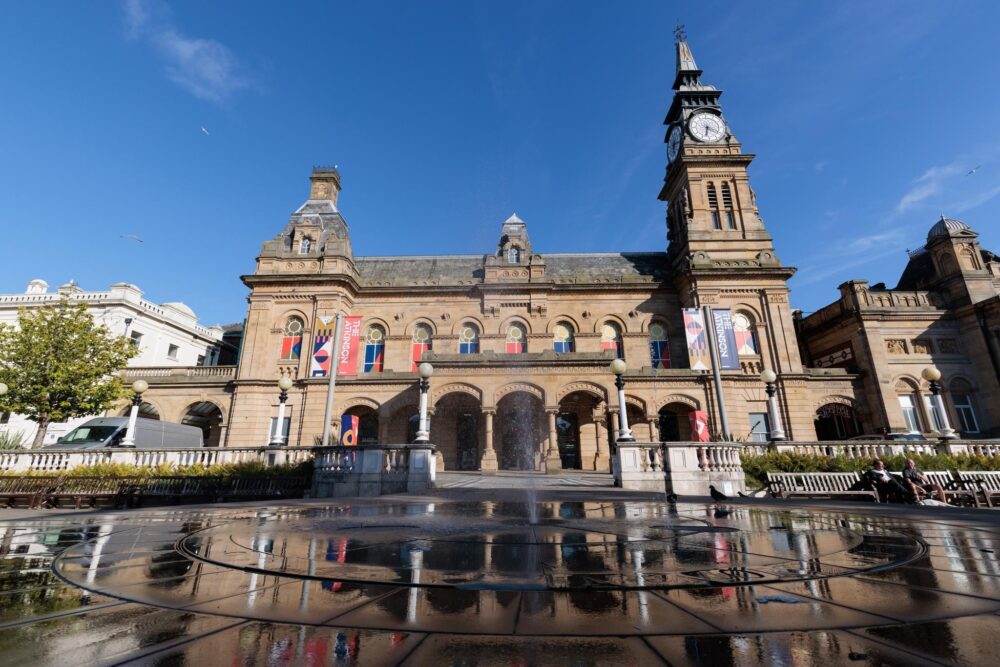
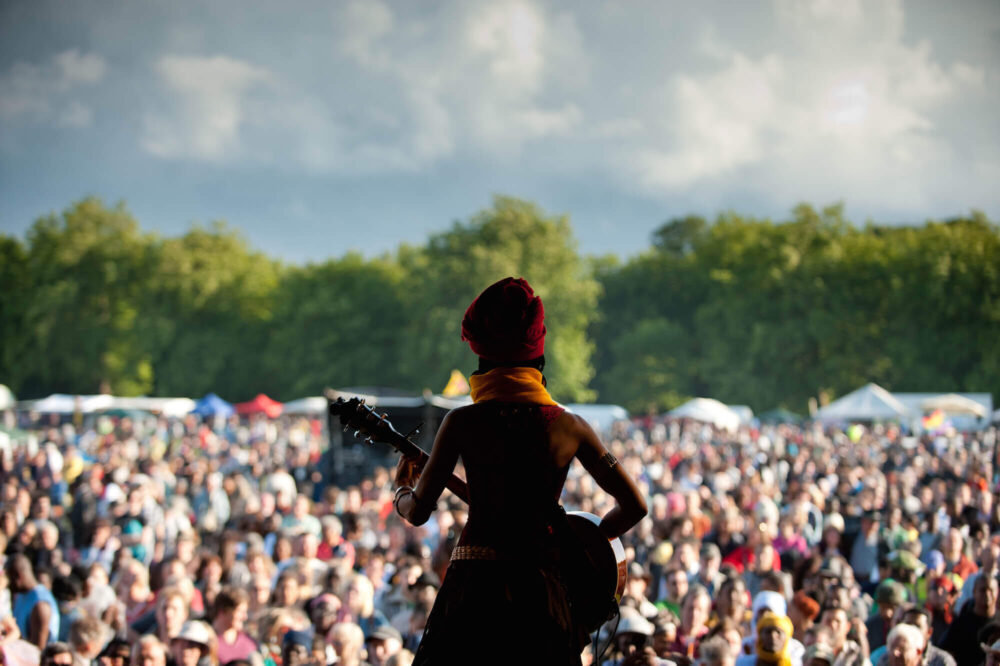
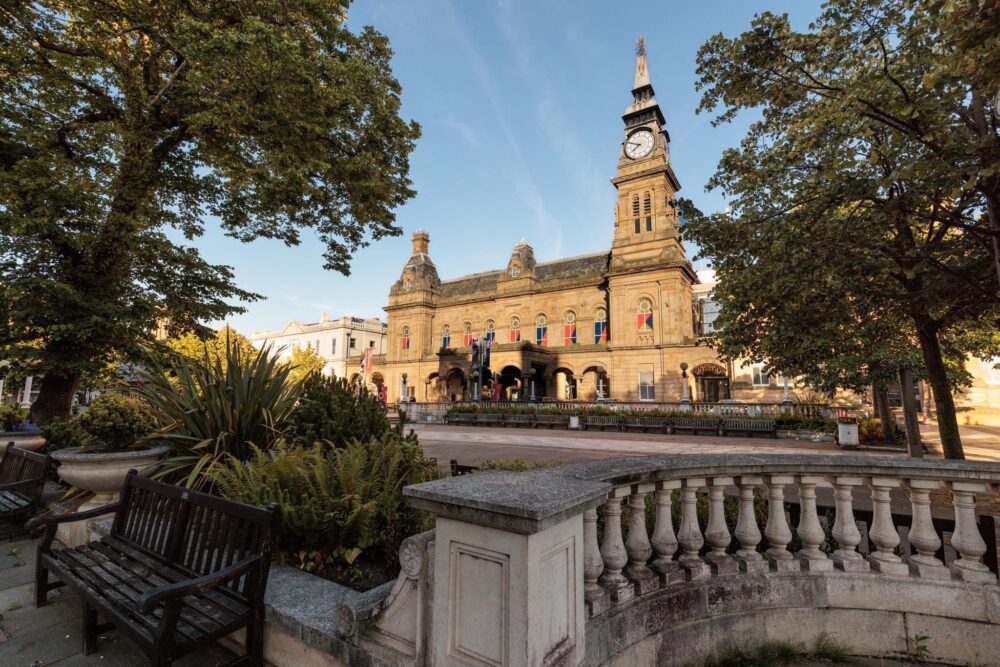

 Subscribe
Subscribe Follow Us
Follow Us Follow Us
Follow Us Follow Us
Follow Us Follow Us
Follow Us Follow Us
Follow Us











